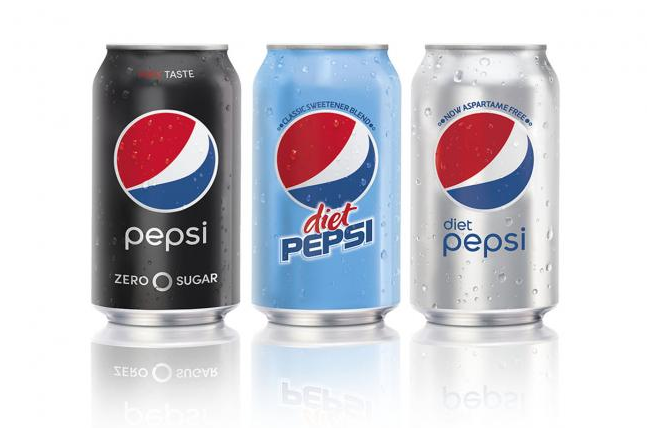Don’t boast about how clever you are after a successful campaign
When it comes to political lobbying, issue management and behind-the-scenes campaigning, the very worst thing you can do is boast about it, explains Dr Tony Jaques.
It is seldom very smart to brag about how clever you are. And never more so than in the sensitive field of issue management.
But that lesson seems to have been lost on Australian soft drink makers in the midst of the highly controversial issue of whether a sugar tax on fizzy drinks would be an effective measure to combat national obesity.
In its latest annual report, the Australian Beverages Council – representing many large soft drink makers – bragged that it had successfully warded off “any legitimate threat of a discriminatory tax”.



I have four Facebook accounts.
I am not Russian.